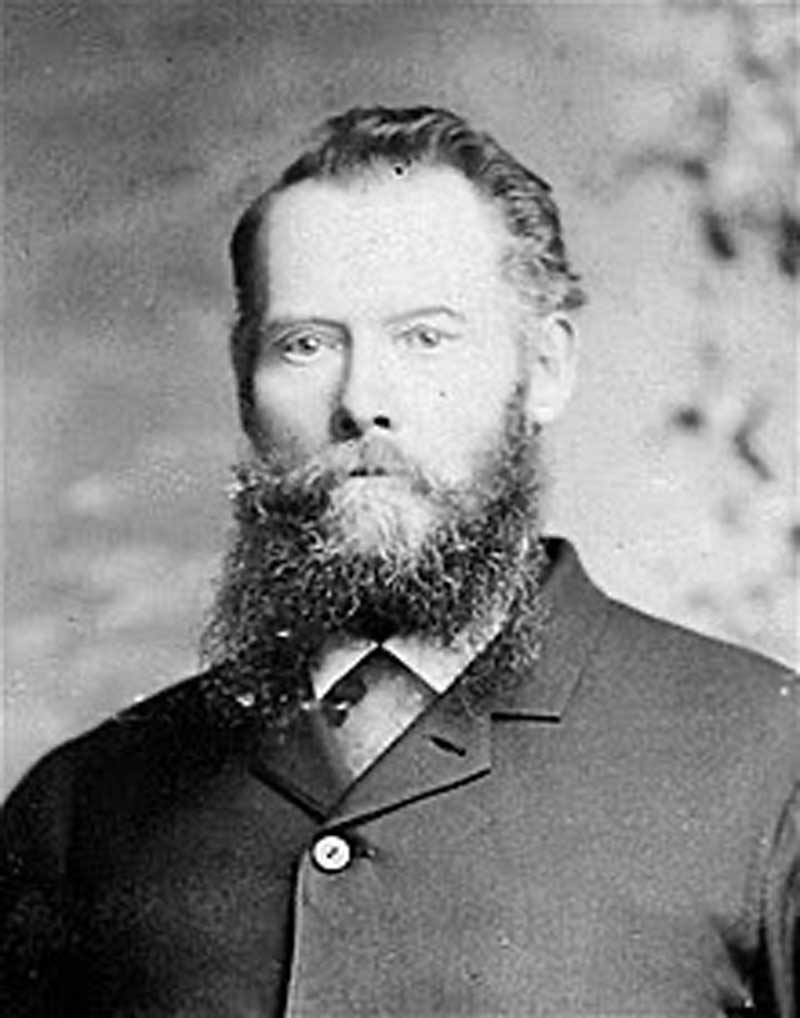
By Mike Scruggs
By 1870, the corruption of the carpetbagger governments and the violence of the Union League was becoming a concern to a significant minority in the U. S. Congress.
In 1869, there were Union League barn burnings and other destruction in every North Carolina County. During a single week in Gaston County, nine barns were burned. In two months of the same year in Edgecombe County, two churches, several cotton gins, a cotton factory, and many barns and homes were burned. The Raleigh Sentinel reported on August 29th of the same year that ten Federal Army companies associated with the Union League had terrorized the Goldsboro area and committed violent depredations of all sorts. It reported the actions of the troops “so violent that it was unsafe for women to leave their homes.”
As Klan activity increased in response to Union League and other Reconstruction misdeeds, the Radical Republicans, who commanded a majority in Congress, formed a committee to investigate the Klan. An 1871 minority report by Northern Democrats and Conservative Republicans representing more than a third of the committee, however, noted that the Union League had “instilled hatred of the white race” and had “made arson, rape, robbery, and murder a daily occurrence.” They also noted the role of corrupt government and Union League violence in driving whites to take law into their own hands.
A very stringent anti-Klan law was passed by the North Carolina’s radical Reconstructionist dominated legislature under the direction of Governor Holden in January of 1870. True to past Radical Republican despotism, it gave the Governor power to declare counties in a state of insurrection and supersede practically all laws and Constitutional rights in its prosecution. Despite a vigorous attempt to enforce the law, Klan-like activity increased and a top black activist and leader of the League in Alamance County was found hanging in a tree. Shortly thereafter, Senator John Stephens, a ranking white operative for Governor Holden, seeking evidence for Klan prosecutions, visited a Caswell County Union League meeting. There he handed to each of about twenty members a box of matches with the suggestion that they should be put to good use burning barns. Barns were essential to the livelihood of farmers.


